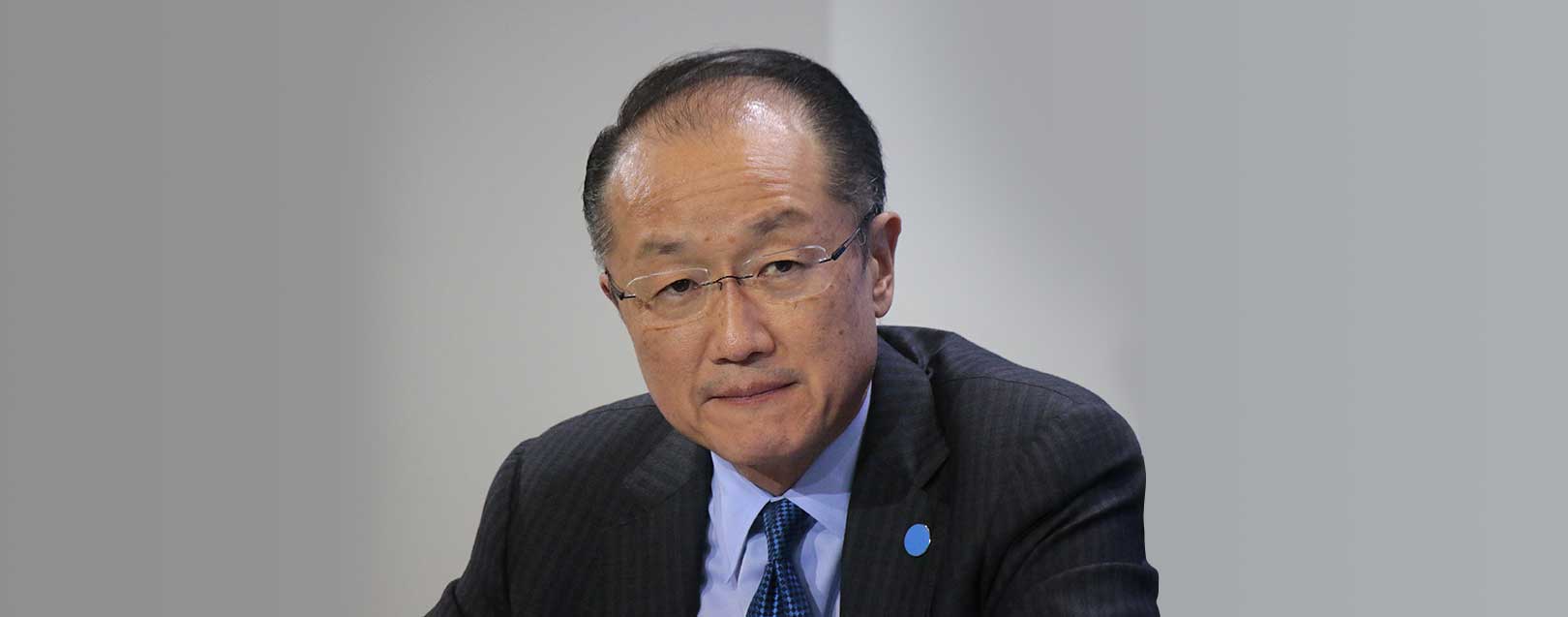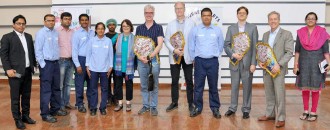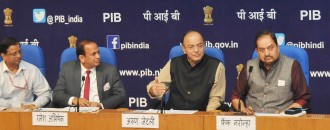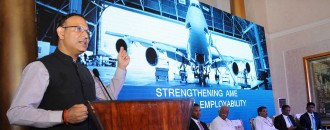
Multiple risks threaten hard fought gains in many countries : WB
Developing countries continue to struggle amidst sluggish global economy, the World Bank President said today and warned that multiple risks threaten hard-fought gains in many countries.
"Developing countries continue to struggle amidst a sluggish global economy. Many countries have been hit by falling commodity prices and stagnating global trade," the World Bank President Jim Yong Kim, told reporters at a news conference on the sidelines of the annual fall meeting of the International Monetary Fund and the World Bank.
"We now have the highest number of developing countries in recession since 2009, and we've been working to meet rising demands for assistance to help countries manage global challenges," he said, adding that the Bank is playing a strong counter-cyclical role in the global economy.
"But multiple risks threaten hard-fought gains in many countries and can hamper progress on our goals of ending extreme poverty by 2030 and boosting shared prosperity," he said.
Kim said World Bank research shows that inequality is still far too high, both globally and within countries, constraining growth and breeding instability.
As such there is a need to focus on growth and continue to reduce inequality and there is a need to make growth more equitable, and more sustainable.
"Because of the multiple, overlapping global shocks including climate change, forced displacement, and pandemics we have to scale up our efforts dramatically," he said.
"If we are going to end extreme poverty by 2030, we have got to continue to focus our efforts, and we have to face each global challenge with an urgency and scale commensurate to the problem," he added.
Kim urged the international community to take three steps including accelerating inclusive and sustainable economic growth.
"Inequality is still too high, and the kind of growth we need must be shared far more broadly," he said.
"Second, a key ingredient for building more inclusive growth is investing in human capital, so countries can compete in the global economy of the future.
The return on investment in people is virtually impossible to overstate," Kim said.
"Third, as we have discussed, we must help foster greater resilience to global shocks and threats that can set back our progress," he said.






 to success.
to success.